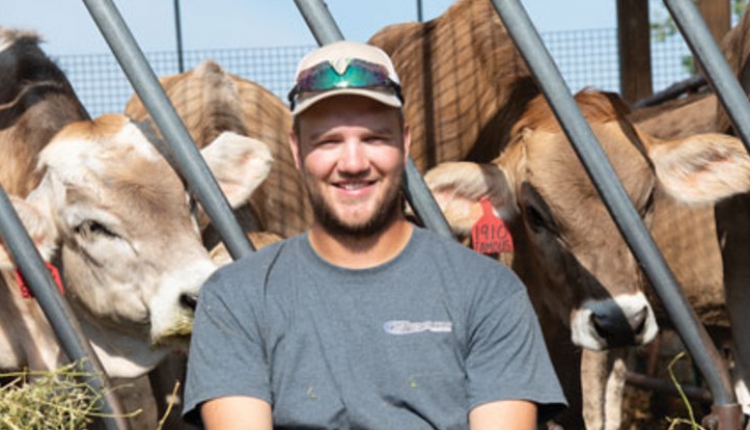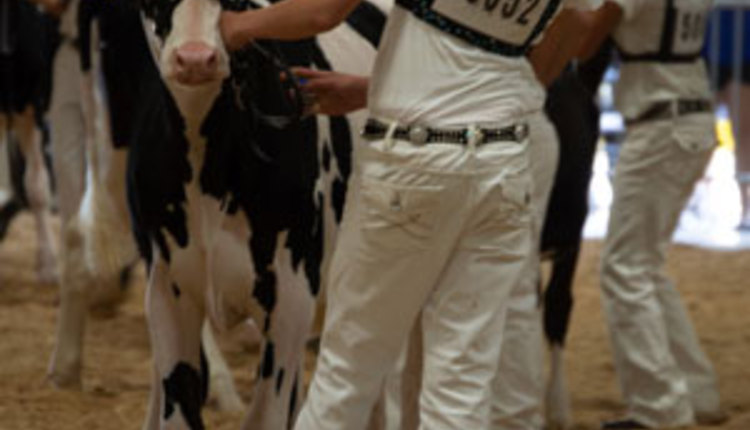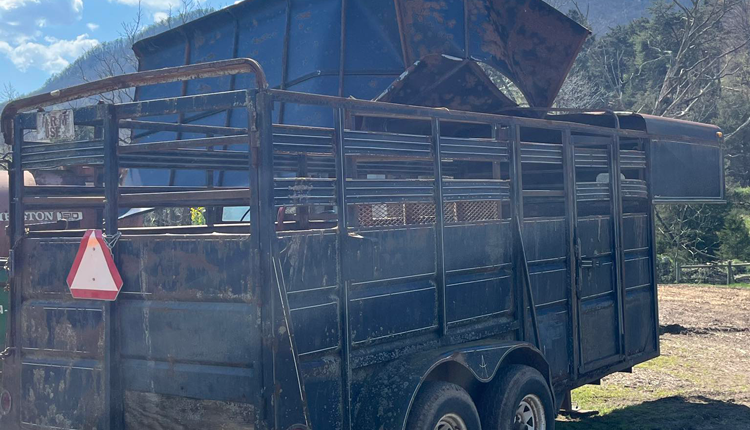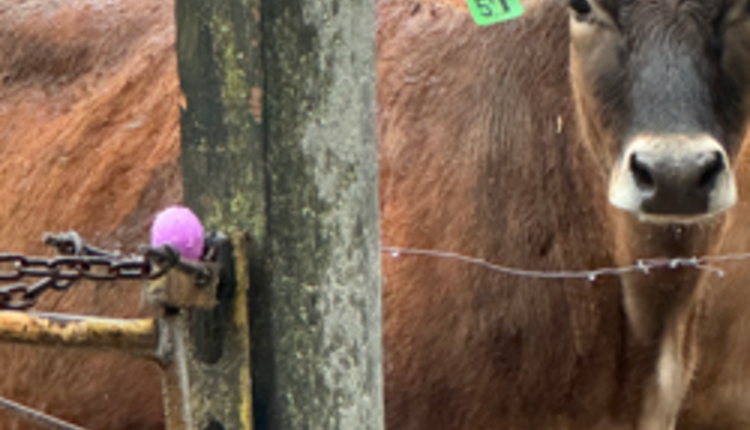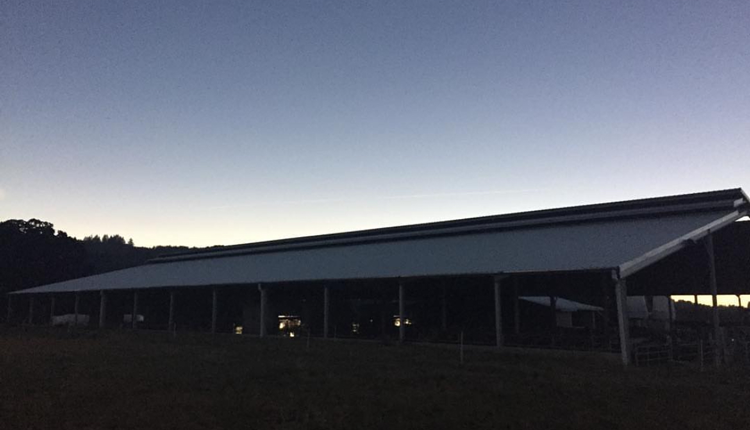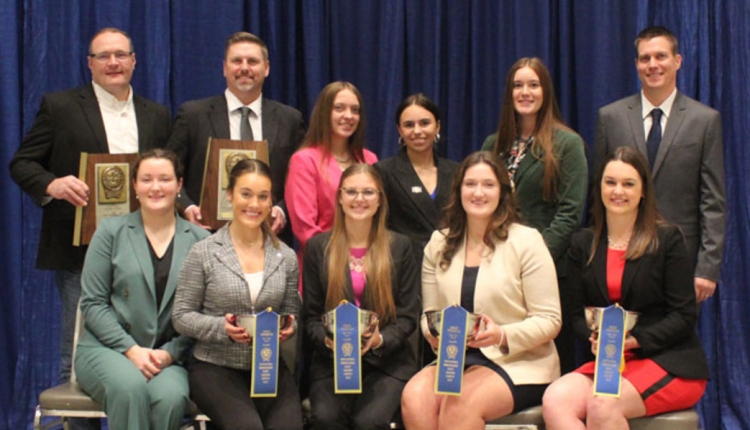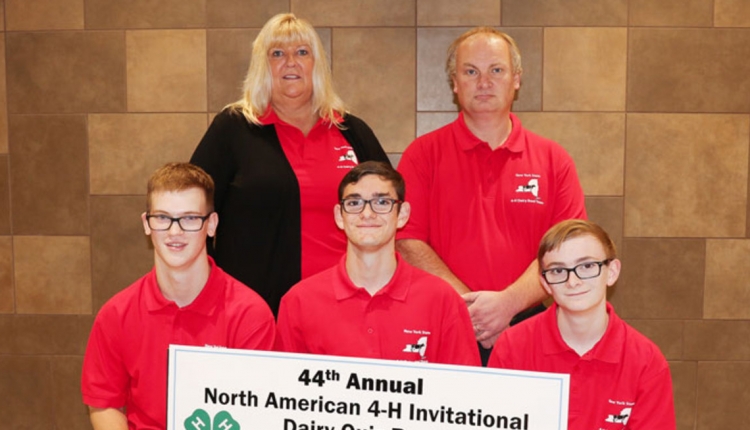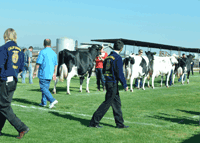 The ability to learn from past experience helps us move forward. I grew up dairy judging from the time I was nine years old. While I liked judging, I really looked forward to the "critique" where I'd hear the official placings at the end of the day. How did I compare to the judges? Was I right, close or were some of my placings too scrambled to even attempt calculating the cuts?
The ability to learn from past experience helps us move forward. I grew up dairy judging from the time I was nine years old. While I liked judging, I really looked forward to the "critique" where I'd hear the official placings at the end of the day. How did I compare to the judges? Was I right, close or were some of my placings too scrambled to even attempt calculating the cuts? However, times have changed. During my formative years, several county Holstein clubs would host judging contests at a member's farm on a Saturday morning. There would be four live classes, a pedigree class and reasons for the youth. There was even an adult division, but without reasons. Lunch would be served, official placings given and awards presented. It was for families and 4-H/FFA clubs alike. There was plenty of learning as the chatting on the ride home centered around the farm's cows, the contest and new friendships. These events are not as common anymore.
For FFA members, there were six colleges in California that hosted spring judging field days (many still host them). All contests were held on weekends and were an all-day event. Following reasons, the dairy judgers returned to the barn to look at the classes. An official had each class lead out. He or she would then move the animals in line to reflect the correct placing and deliver reasons. Any FFA member or advisor could ask questions, with the goal of providing feedback to the students. So, if they had the class placed differently, they were being taught why the decision was made by the judges.
Once the official placings for all classes were given, all FFA members (all disciplines) would head to the auditorium for the awards presentation. Each contest such as ag mechanics, horticulture, dairy and so forth, had the top overall individuals and teams announced to a captive audience in a packed room. Chapter pride cheers erupted when fellow FFA members received recognition in front of their peers. At the end, every FFA chapter was given a booklet of all the results. The long drive home seemed so much shorter as everyone in the van poured over the day's results, scrutinizing their own scores for areas of improvement. You could hardly wait for the next weekend's contest.
Knowing how FFA contests were handled when I was a youth competitor, and then later as a student chairman, it took me by surprise when I learned from FFA members about their recent experiences. First, their contest is held on a school day and students place the classes, deliver reasons and hop in the van or bus and head home. The official placings are not even given, but a few days later, scores are emailed to the FFA advisor. The student sees his or her score, but not the official placing. Did they switch the middle pair and lose 5 points or did they have a two-pair switch, which cost them 5 points? They don't know. How are they expected to improve?
I understand budget cuts to school funding can affect teachers' time commitments (especially on weekends) and students have other activities, like sports, tugging at their loyalties. But, going to a contest to compete and not getting any feedback is not leading to true educational opportunities. It becomes just a day to avoid going to class for many.
Times have changed, but should the learning aspect of the program change?
Contests are not all about winning; it's about helping people learn things and applying that new knowledge for improvement. If they happen to win an award in the process, so be it.



